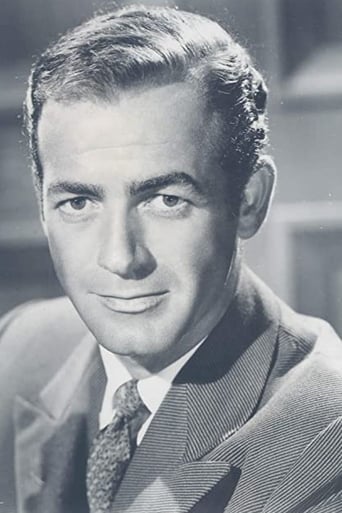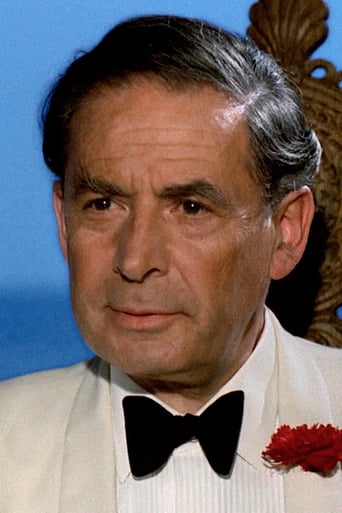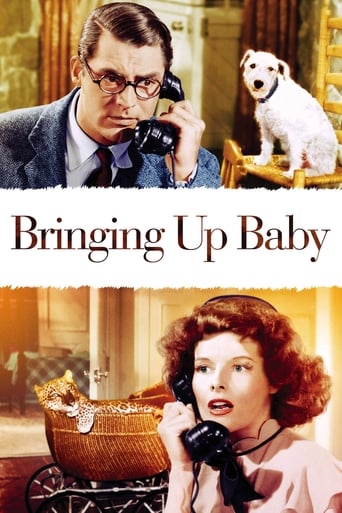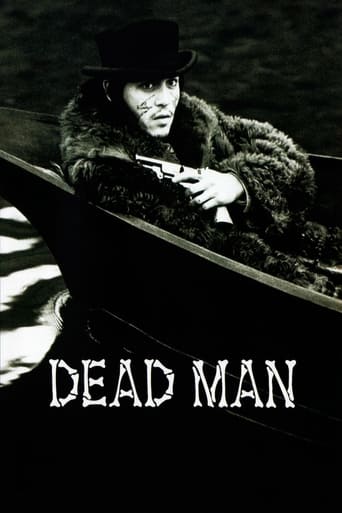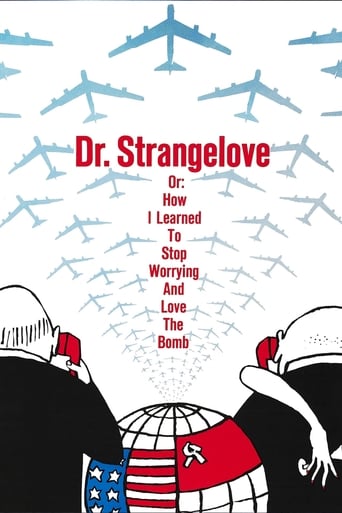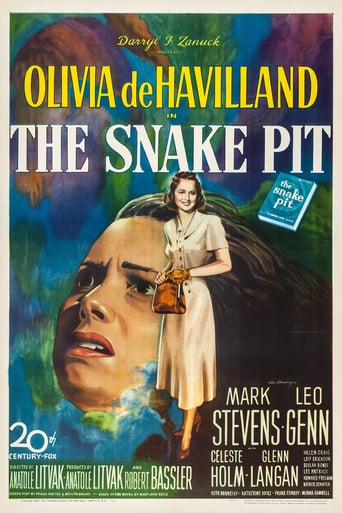
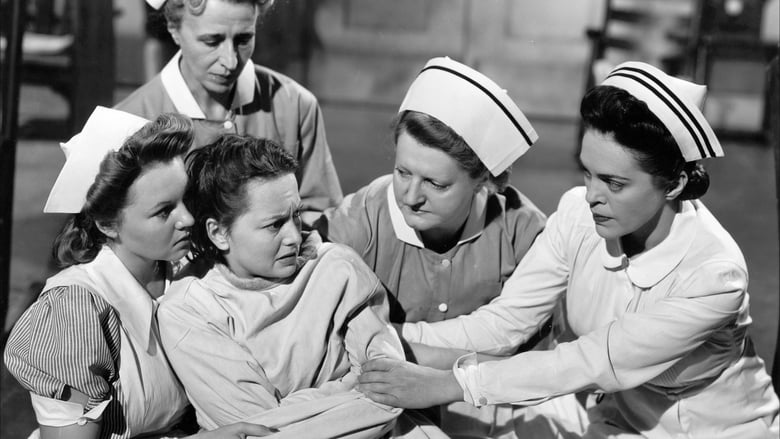
The Snake Pit (1948)
Virginia Cunningham is confused upon finding herself in a mental hospital, with no memory of her arrival at the institution. Tormented by delusions and unable to even recognize her husband, Robert, she is treated by Dr. Mark Kik, who is determined to get to the root of her mental illness. As her treatment progresses, flashbacks depict events in Virginia's life that may have contributed to her instability.
Watch Trailer
Cast
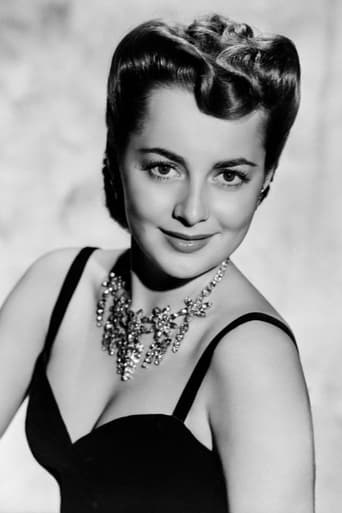
Similar titles
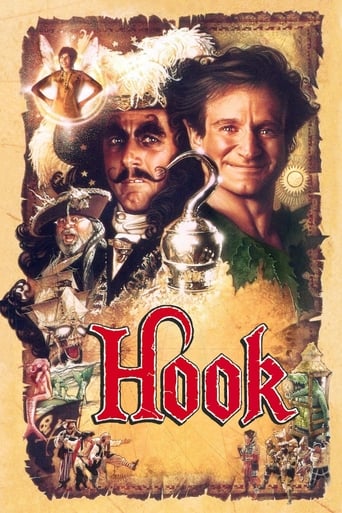

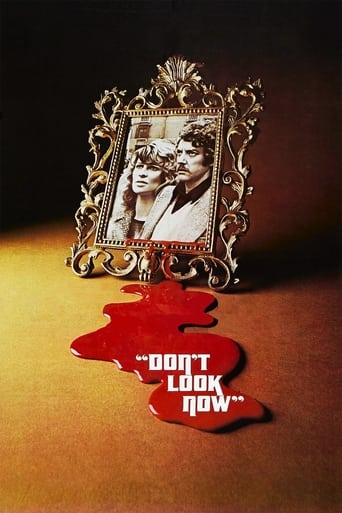
Reviews
Touches You
Too much of everything
A brilliant film that helped define a genre
Instead, you get a movie that's enjoyable enough, but leaves you feeling like it could have been much, much more.
NOTE: The following review is based on the full-length American version. The skilfully re-cut Australian version is a much better picture.COMMENT: Olivia De Havilland's performance is faulty and too obviously contrived, though she does seem real enough most of the time, unlike young Lora Lee Michel who convinces none of the time. Mark Stevens is none too solid in support and Leo Genn is too conventionally re-assuring. Fortunately Stevens' role is small but Genn's is large and his too-pat doctor is unconvincing enough to seriously fault the film as a whole. Celeste Holm has a funny role. She disappears from the film without explanation. Some of the patients are too much like caricatures to be believable. There is an obvious straining after effects in the acting, in the too-contrived script, too much weight on boring or unconvincing or stagily written, delivered and directed dialogue (note the scene in which all the kinky patients get a chance to display their particular brand of lunacy individually, each giving a turn one after the other like so many vaudeville acts). Contrivances in the plot ensure that the heroine gets a chance to sample all the wards, patients, nurses, doctors and treatments. These twists were probably not so obvious in the original novel but the mechanics are very patent in the film. Still director Litvak and his photographer and the art directors are at their best in the broad effects. The De H. story is too weighed down by her unsympathetic character, the too great a weight on dialogue, the clichés, and the director's penchant for unflattering (De H.) or too flattering close-ups (Genn). The main plot just isn't interesting enough because the De H. character herself isn't interesting or sympathetic enough. Oddly, the fact that she is so unglamorous weighs against her! If the doctors had been less cliched, the script might have got away with it, but as it is, the formula is not right. The film as a whole does not succeed, despite the power and the impact of many sequences. Litvak is at his best with groups, using effective crane and dolly shots, but otherwise the handling tends to look like superior TV.
Virginia Cunningham (Olivia de Havilland) finds herself in a state insane asylum... and cannot remember how she got there. In flashback, her husband Robert relates their courtship, marriage, and her developing symptoms.Stephen King says this film terrified him as a child, because he felt that he could go crazy at any moment (and worst of all, not even be aware that he was crazy). And, indeed, there is something terrifying about this film. While many films have taken place in mental hospital, I think very few really address how normal most mentally ill people are most of the time, or the fine balance between sane and insane.I do not know much about Olivia de Havilland, but she really pulled all the stops here. If she is capable of this level of intensity, she probably should have been a bigger star than she was.
When I was 8 I remember visiting my mother at Pilgrim State Hospital on Long Island. Years later I saw this film and it was if I was back at Pilgrim State. Realistic, frightening, heart-wrenching, poignant and yet, in the end, hopeful. Some others have mentioned the non-Oscar for de Havilland. Yet she did get two for other films in the same era( Streep has only one Oscar for best actress with more than a dozen nominations). Others have mentioned other films about mental illness, yet the one that comes closest to this in terms of realism and total effect, I believe, is Lost Weekend, which won a Best Picture Oscar just a few years earlier.
Before Jack Nicholson and 'The Cuckoo's Nest', there was Olivia De Haviland in 'The Snake Pit'.Released in 1948, this was a daring effort to disclose the bleak and terrifying world of mental illness and the inadequate institutions within which sufferers were interned. As in 'Cuckoo's Nest', there was even a malignant, tyrannical nurse preying upon the inmates' indispositions; here competently played by Helen Craig.Olivia De Haviland is a tour-de-force as someone trapped in a system that is almost exclusively self-accountable and is therefore a law unto itself. Nobody really wants to know. Mental illness is either too embarrassing or too terrifying to address. Shut 'em all away. Doctor knows best. What's more alarming is the fact that this movie is based upon a true story. Criminal Institutions still receive better funding.Halfway through the 20th century things had barely advanced beyond the Victorian times. Sadly; things haven't improved much further since. A recent visit (making a delivery) to a facility in St Pancras Hospital in London was scarcely less terrifying than the events portrayed in this work.This is a must-see movie, and not just for entertainment. People need to be aware of what may await their relatives or themselves if the medical profession decides that your condition is chronic.
